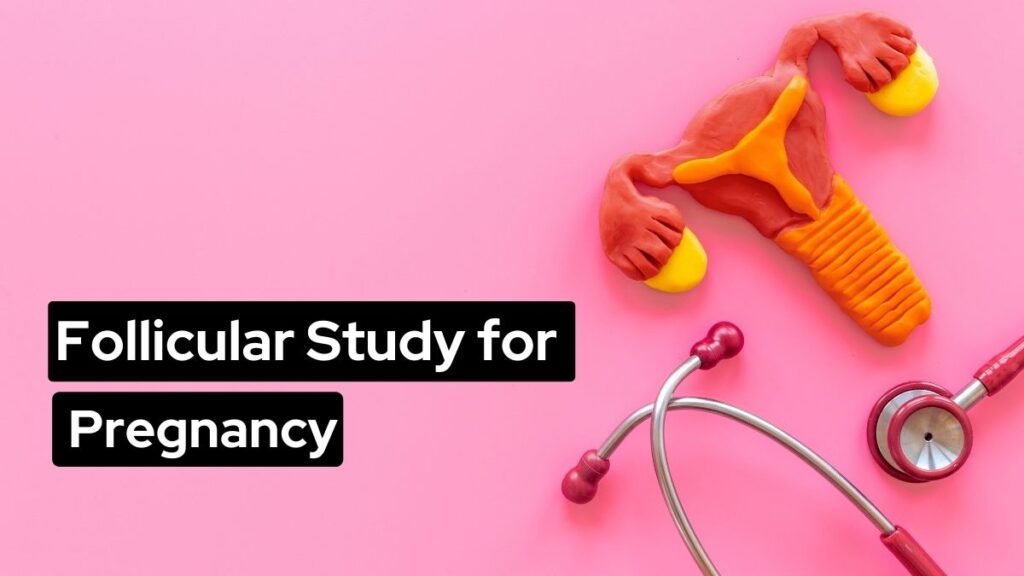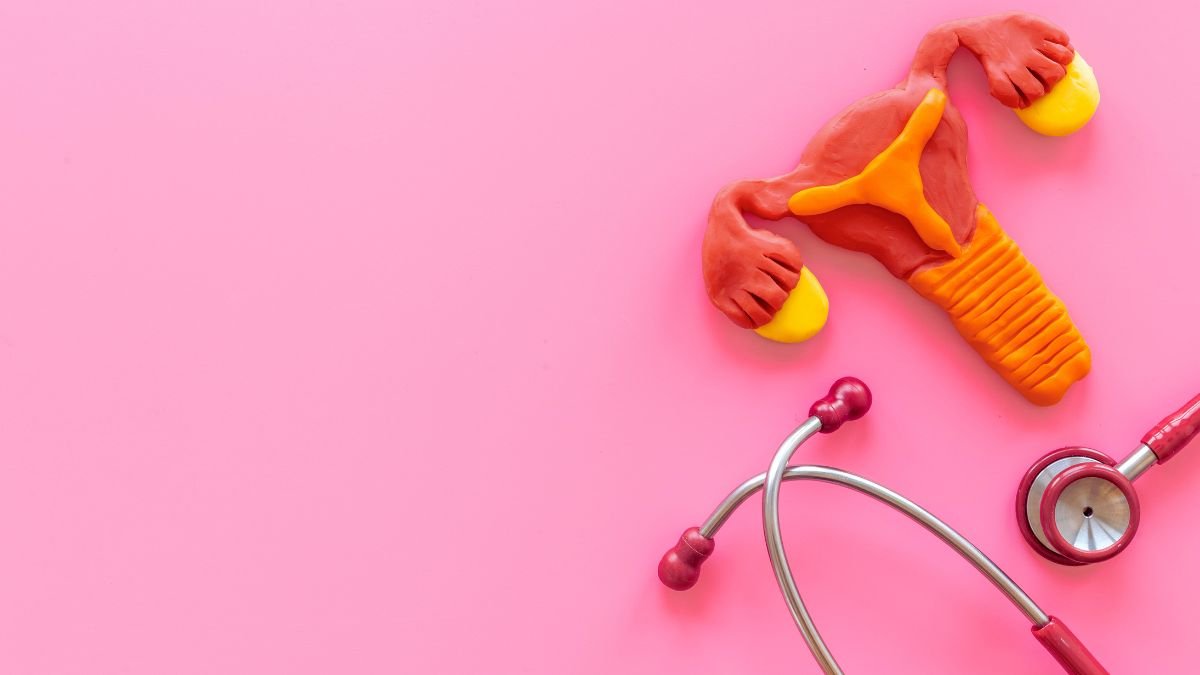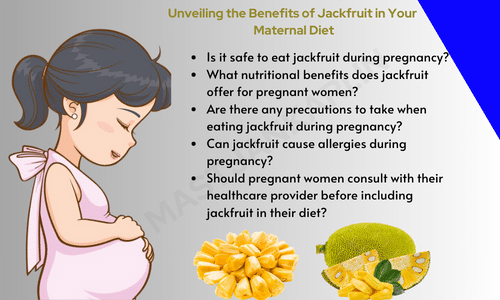Introduction to Follicular Study for Pregnancy
A Follicular Study, also referred to as follicular monitoring, is a procedure that involves a series of ultrasound scans performed throughout a woman’s menstrual cycle to monitor the progression and maturation of ovarian follicles, which are small sacs where eggs develop.

Table of Contents
Importance of Conducting a Follicular Study
The main purpose of a Follicular Study for Pregnancy is to identify the causes of infertility and enhance the of getting pregnant. Through meticulous monitoring of a woman’s follicle development and fluctuations in hormone levels, we can detect any possible issues and ascertain the optimal period for conception.
ओव्युलेशन ke kitne din bad pregnancy test kare?
This knowledge holds immense significance for couples undergoing In Vitro Fertilization (IVF) or those striving to conceive naturally, without medical assistance.
the Stages of a Follicular Study
Follicular study breaks down into three main phases. The first stage of screening helps control the hormone levels when the menstrual cycle starts.
Then, during the middle stage Follicular Study for Pregnancy, a scan monitors the growth and size of the follicles as well as the thickness of the endometrium. Finally, in the last phase, the process determines when the follicles rupture to release eggs.
Process of Conducting a Follicular Study
Not everyone requires a follicular study during pregnancy. Typically, Follicular Study for Pregnancy is recommended for women who are struggling to get pregnant, experiencing unexplained infertility, or undergoing fertility treatments such as IUI or IVF.
Kya aap bhi anxiety ki samasya se paresan hai?
It is also beneficial for women with irregular menstrual cycles as it can assist in identifying the timing of ovulation.
Necessary Pre-Procedural Preparations
Follicular Study for Pregnancy is a simple process that requires keeping track of your menstrual cycle. Sometimes, your doctor may suggest dietary guidelines or medications.
Breakdown of the Follicular Study Process
The follicular study usually starts on the 10th day of your menstrual cycle. Transvaginal ultrasound scans are used to monitor the growth and number of follicles to determine if they are prepared for ovulation.
If one or more fully matured follicles are detected, a hormone trigger may be given to help release the developed egg.
Follicular Study in Understanding Ovulation
Understanding Ovulation Cycle
The Important time of a woman’s reproductive cycle is when ovulation occurs. It involves the release of a fully developed egg from the ovarian follicles, which then travels through the fallopian tube, awaiting fertilization. Typically, this occurs around the middle of menstrual cycles.
Having a thorough understanding of this process is crucial when it comes to planning for intentional reproduction.
Follicular Study and Ovulation Cycle relation
A steady relationship exists between the follicular study and understanding the ovulation cycle. By tracking the growth and maturation of follicles, we comprehend the suitability for successful fertility. The follicular study gives us a meticulous view of the ovulation timeline and the best period for fertilization.
Determining Ovulation Window with Follicular Study
Follicular Study for Pregnancy provides a clear window into the ovulation stage, aiding in identifying the ‘fertile window’ – the perfect time for sexual intercourse for higher pregnancy chances. Through accurate tracking and good timing, a follicular study can be the key to successful conception.
In conclusion, a Follicular Study for Pregnancy is a simple, yet profound diagnostic tool in addressing fertility issues and aiding in successful pregnancy planning.
By understanding the sometimes complex journey of an egg, this study can unveil the miraculous process of life before it even begins. Here’s to a better understanding of our bodies and the extraordinary processes they carry out to continue the cycle of life.
Follicular Study on Pregnancy Planning
Importance of Timing in Conception
Conceiving is not a random game of luck, but a unique process that relies heavily on timing. Your body, like that beautifully coordinated orchestra, is all about timing with each cycle playing its role perfectly to result in pregnancy.
One of the crucial factors determining successful conception is ovulation – the release of a mature egg from your ovaries, ready for fertilization.
Role of Follicular Study in Fertility Window
That’s where a Follicular Study for Pregnancy comes into play! This procedure helps monitor the development of ovarian follicles, potentially improving your chances of conception by identifying the optimal fertility period. It’s like peering through a tiny window into your cycle, getting you closer to your dreams of parenthood.
During the morning visit to your doctor, an ultrasound probe gently moves around to reveal the secrets of your ovaries, capturing images of your follicles in their journey of maturation.
Your doctor then studies these images to predict the exact time of ovulation. This invaluable information can guide timed intercourse or intrauterine insemination (IUI) to increase the chances of pregnancy.
Success Stories with Follicular Study
Consider Jane, a dear friend who struggled with conception for over a year. Resorting to a follicular study led to the revelation of a late ovulation cycle, effectively making every previous attempt mistimed. With this new knowledge, Jane timed her next attempt and voila – baby bump ahead!
Or take the case of Anna, who underwent follicular monitoring as part of her IUI treatment. It allowed her doctors to time the insemination perfectly, resulting in a successful pregnancy on the first try!
Misconceptions about Follicular Study
Common Misconceptions about Follicular Study
Let’s untangle some often-voiced myths about follicular studies. No, it doesn’t always result in immediate pregnancy – remember, it’s a tool for understanding your cycle better.
Secondly, undergoing a Follicular Study for Pregnancy doesn’t mean you have fertility issues. It is merely a diagnostic procedure that can be undertaken by any woman trying to conceive.
Potential Solutions during the Procedure
Frequent doctor visits and repeated ultrasounds might sound daunting, and sometimes the procedure could hover over your daily routine like a pesky little cloud.
But remember, these are temporary and the benefits outweigh the minor inconveniences. Talk to your doctor about any apprehensions or discomforts; they’re stationed on your route to conception and are more than equipped to help you through.
Emotional Impact of a Follicular Study
It’s okay to feel overwhelmed or anxious during the process. A little worry here, a flutter of excitement there, and loads of anticipation in between – all are normal.
Don’t shut them out. Embrace these emotions and lean on your support system; after all, it takes a village to raise a child, and it often starts long before the baby is born.
FAQs: Follicular Study for Pregnancy
How many cycles of follicular study to get pregnant?
The number of cycles of follicular study required to achieve pregnancy can vary depending on individual factors such as age, overall health, and any underlying fertility issues. It is best to consult with a fertility specialist or doctor.
What is the best size follicle to get pregnant?
The best size follicle to achieve pregnancy is typically around 18-24mm in diameter. This size indicates that the follicle is mature and ready for ovulation.
What is follicle test for pregnancy?
A follicle test for pregnancy, also known as follicular monitoring or follicular tracking, is a series of ultrasound scans performed to monitor the growth and development of follicles in the ovaries.
What is the success rate of pregnancy after follicular study?
The success rate of pregnancy after follicular study can vary depending on various factors, including the underlying cause of infertility, age, and overall health. The overall success rate ranges from 15-20% per cycle, but this can increase with multiple cycles.
Is one follicle enough to get pregnant?
While it is possible to conceive with just one follicle, having multiple mature follicles increases the chances of conception. However, the number of follicles required for pregnancy can vary depending on individual factors.
Can I get pregnant with 10 mm follicle?
A 10mm follicle is generally considered small and may not be mature enough for ovulation. However, follicle size can vary throughout the menstrual cycle, and it is possible for a follicle to grow to the appropriate size for ovulation.
Which food increase follicle size?
There is no specific food that can directly increase follicle size. However, a balanced and nutritious diet can support overall reproductive health. Consuming foods rich in antioxidants, vitamins, and minerals can be beneficial for reproductive function.
What size follicle will have twins?
The size of the follicle does not determine whether twins will result. The chance of having twins is influenced by various factors, including genetics and the use of fertility treatments.
Conclusion
Significance of a Follicular Study for Pregnancy
To wrap up, a Follicular Study for Pregnancy gives you detailed insights into your menstrual cycle and ovulation pattern. It is a key tool for identifying your fertility window, thereby improving the chances of successful conception.
Potential Challenges, and How They Can be Overcome
While the procedure may pose some challenges, such as repeated visits and the emotional roller-coaster, remember that these hurdles are temporary. With the right medical guidance and a strong support system, these can be easily navigated.
Encouragement for Follicular Study
If you’re considering a Follicular Study for Pregnancy to help with conception, hats off to you! It’s a brave step, filled with hope and anticipation. Remember, each journey is different just like every human being is different.
Keep faith, be patient with yourself, and embrace the process. Your dreams of parenthood are just a few steps away. Wishing you every bit of luck and success on your journey!
Disclaimer
we are not Doctor or Health adviser. we make no warranties or representations and disclaim all responsibility and liability for the completeness, accuracy, or reliability of the above mentioned content. The content on our platform is for informative purposes only, and may not cover all clinical/non-clinical aspects.






